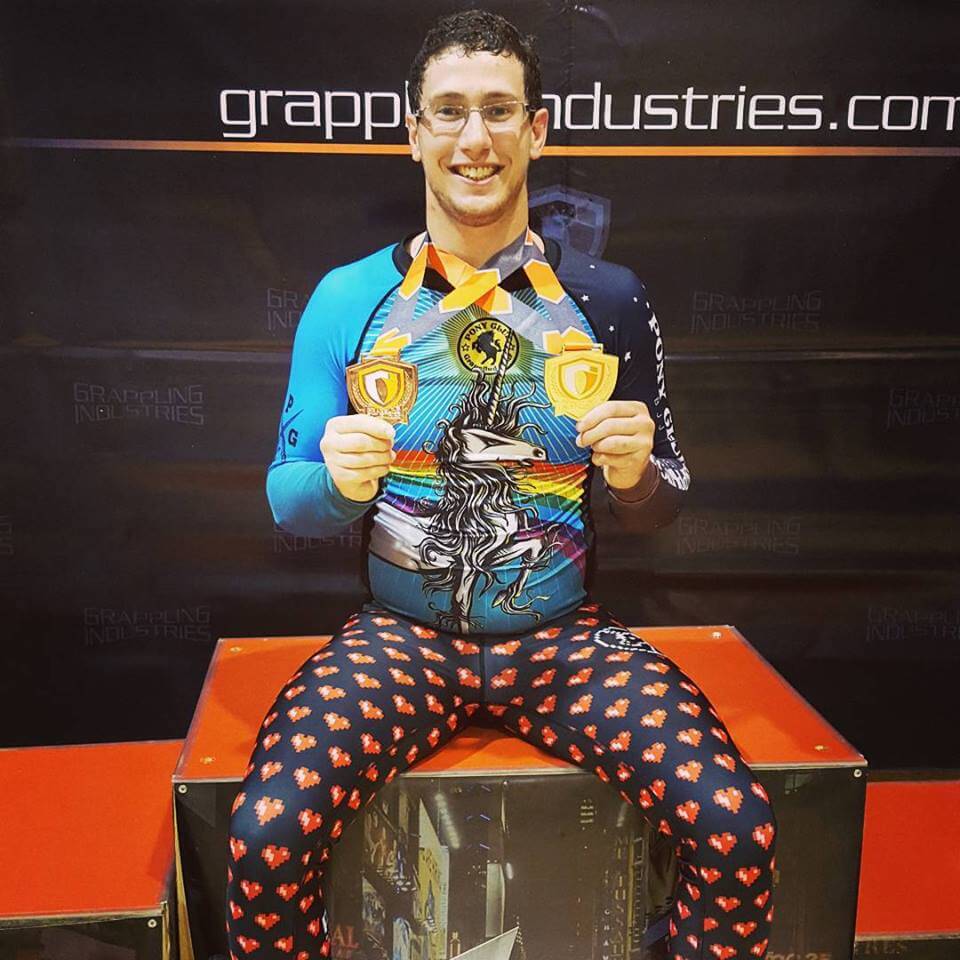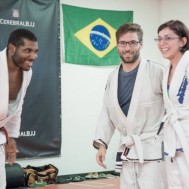There’s a reason that everyone in Jiu Jitsu is not on the same team or under the same coach. There’s a reason that people choose to train with one coach over another. The reality is that even though Jiu Jitsu is a world of its own with a lot of commonalities, there are many different qualities that one can seek in a coach.
In my experience finding the right coach can be as difficult as finding the right friend or the right loved one. Sometimes things change, sometimes goals change and sometimes people change. But at the end of the day there are certain archetypes that exist and certain attributes and traits that can be desirable or undesirable.
Here are five things to look for in a coach:
- Seek out goals that mirror your own. Different people do Jiu Jitsu for different reasons. Some people do it because they want to be able to tell friends and family that they do a martial art, and in all reality are not interested in the day to day grind of the grappler. Some people genuinely want to learn self defense, and are best suited to learn a “street” oriented version of our art. Meanwhile others are interested in competing on various levels. If you want to be a high level competitor be prepared to train under a taxing and demanding coach who doesn’t want to hear your excuses. If your goals are not in line with your instructors, you may find yourself at odds with them.
- Are you your own person? Or are you a follower? There’s nothing wrong with being a follower, there’s nothing wrong with being willing to mold yourself after another person when learning from that person, but if you have your own vision for what you want to do on the mat either find someone with a similar vision for themselves or find someone who is okay with you being yourself and expressing yourself on the mat the way you want to. This can be difficult for some. A coach can be a hindrance for those who choose the wrong one.
- Tradition. Different gyms and coaches adhere to different levels of traditionalism. My coach, for example, doesn’t force us to call him professor, he doesn’t even make us call him coach. He doesn’t care what gi color you wear on his mat, he doesn’t even really remain strict to any specific code or doctrine for how things should go in his classes. The result of this is that our training environment feels very relaxed. Some people don’t want to feel relaxed, they want rigid order and tradition. They want to bow, they want to refer to their instructor as professor, they want the belt to dictate who gets respect in the training room. The traditionalism of a coach can be a major factor in what it’s like to train under that coach.
- Personality. Similar but different to traditionalism, personality can be a major factor in how a coach interacts with their students. If a coach is laid back the atmosphere will be laid back which can be good for some students and not so good for others. Newer students prefer structure while more advanced and experienced students may want to just drill and train rather than learn new skills. Sense of humor can be a making or breaking point for many, if a coach has too much or too little humor it can be problematic.
- Status as competitor. So here’s something I see a lot of: coach A is a great competitor but a crappy coach, coach B is a crappy competitor but an amazing coach, coach C is an amazing competitor and an amazing coach. All 3 of these has their place in our world. I’ve seen high level competitors who go out of their way to NOT teach, and I’ve seen guys who have no business teaching but in their success are able to inspire others in spite of their inability to teach.
Choosing the right instructor will make or break your experience on the mat. My suggestion is to keep your mind open and shop around. When you train under an instructor you are investing your time and money, make sure it’s a wise investment for you!

Emil Fischer is a Jiu-jitsu Black Belt and BJJ competitor training under Pablo Angel Castro III at Strong Style MMA in Cleveland Ohio. An avid writer and competitor, Emil has amassed an extensive competition record. Most notably, Emil is a 2 time gold medalist at the IBJJF No Gi Pans, and has a submission victory record of 5-1 at Fight To Win Pro which includes purple belt no-gi light heavyweight championship
Emil’s sponsors are Impact Mouthguards, Cleveland Cryo, The Terphouse, Meerkatsu, Eddys on Coventry and Nottarookie. He is a Ludwig Van and Vanguard Kimono brand ambassador.

